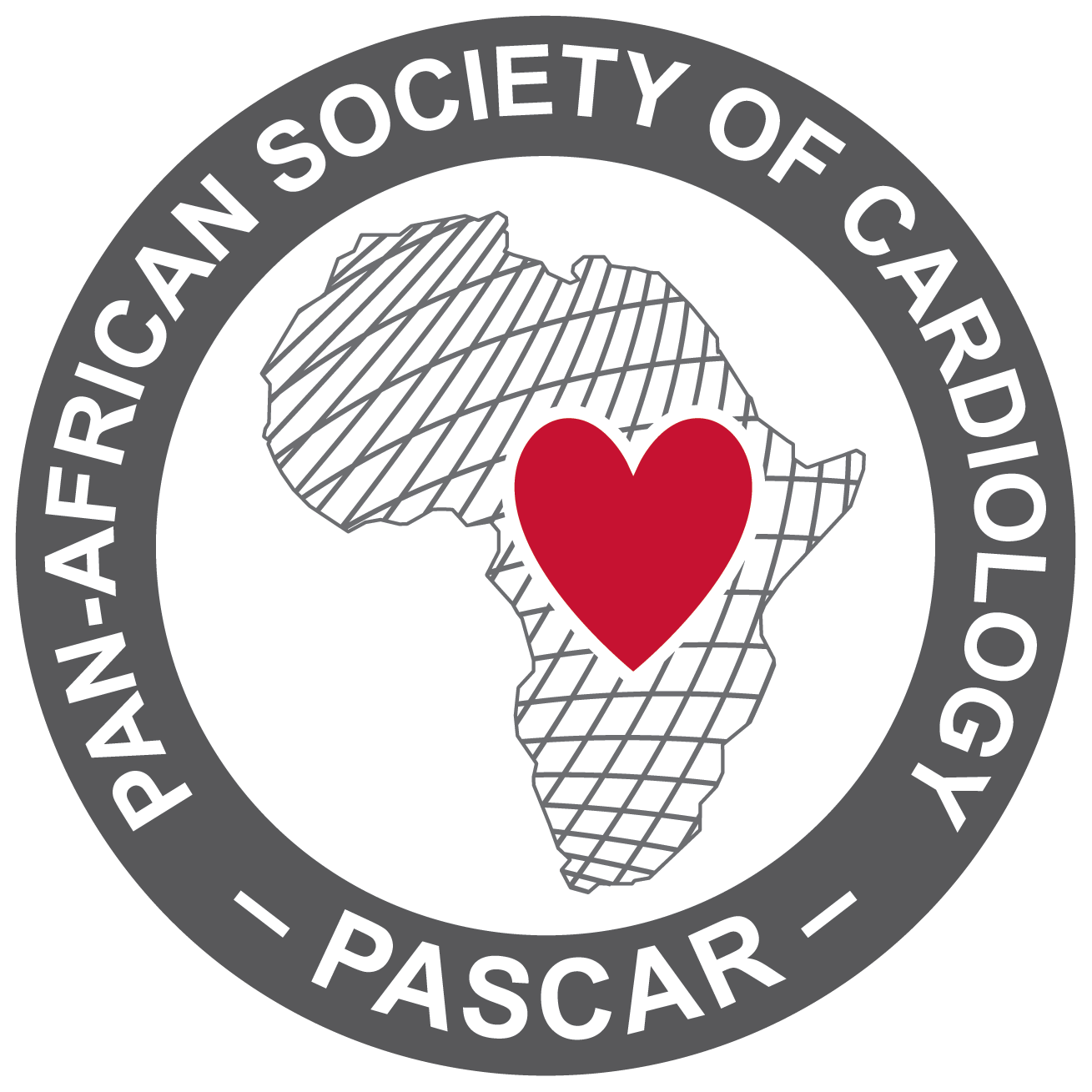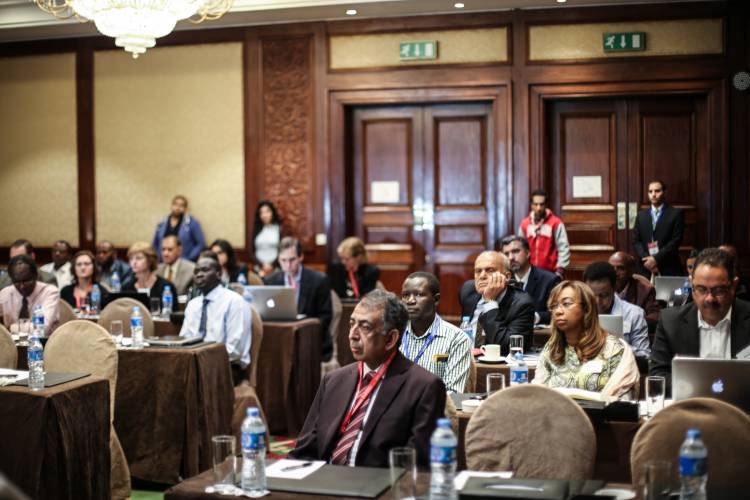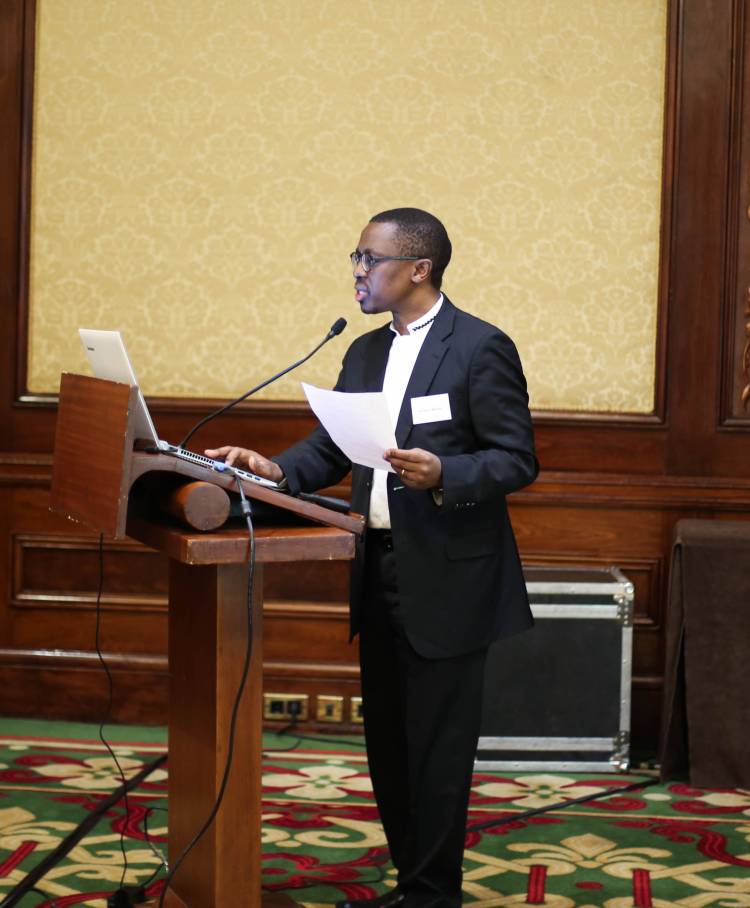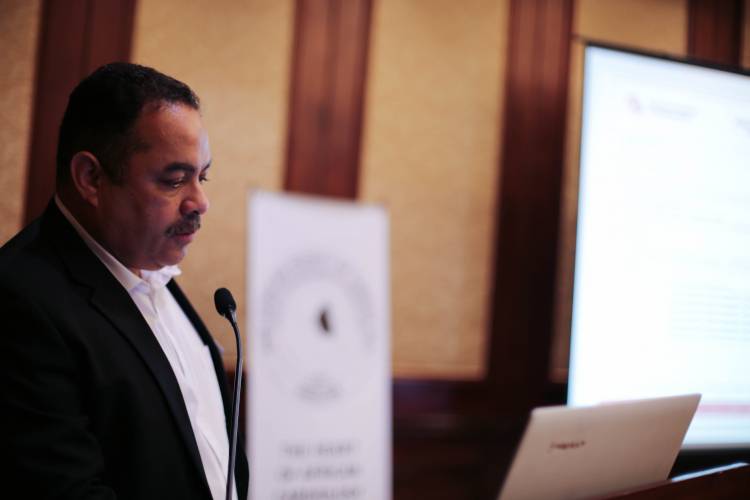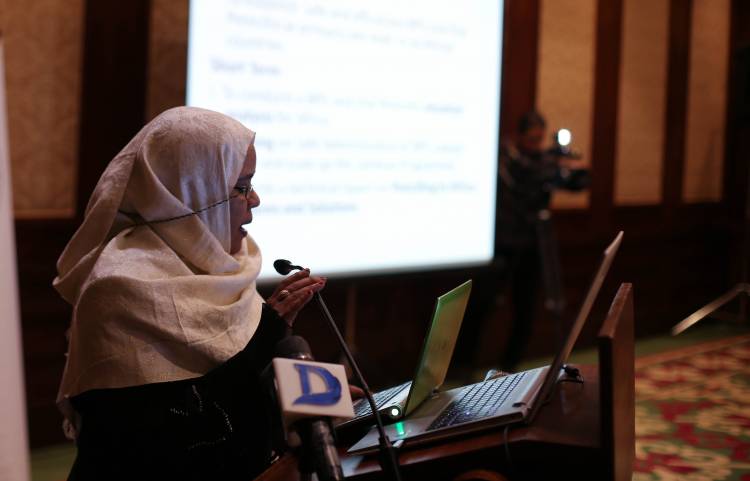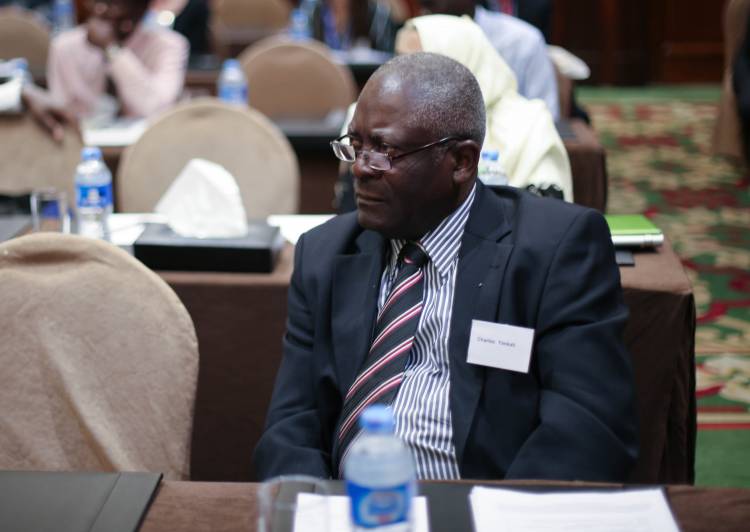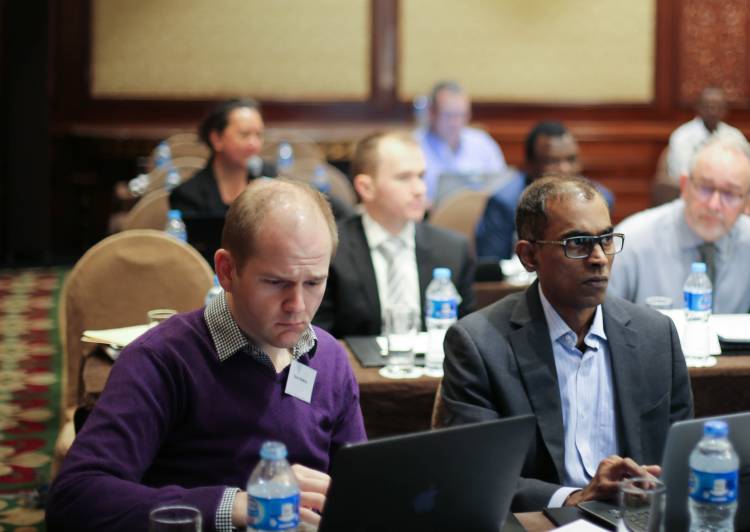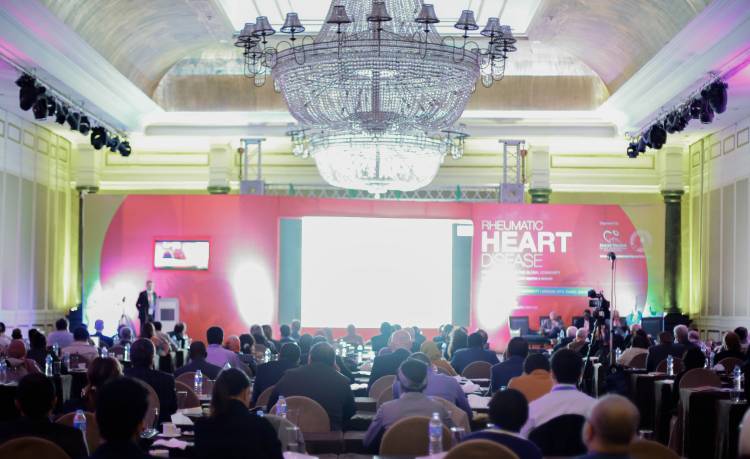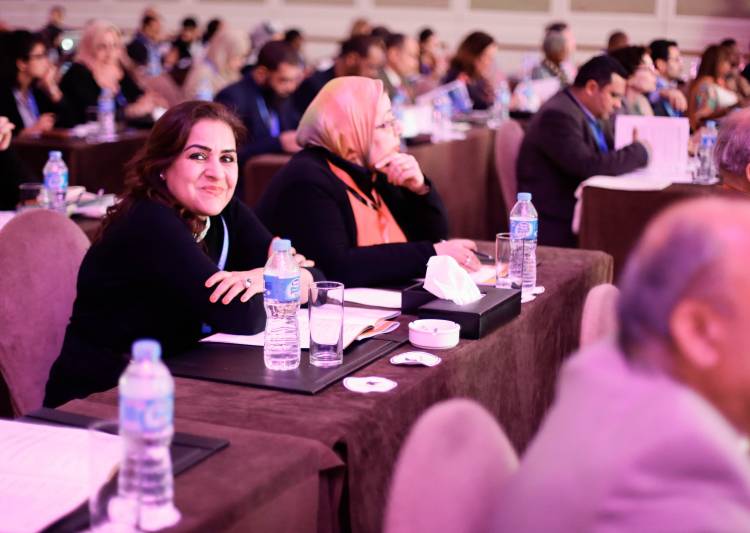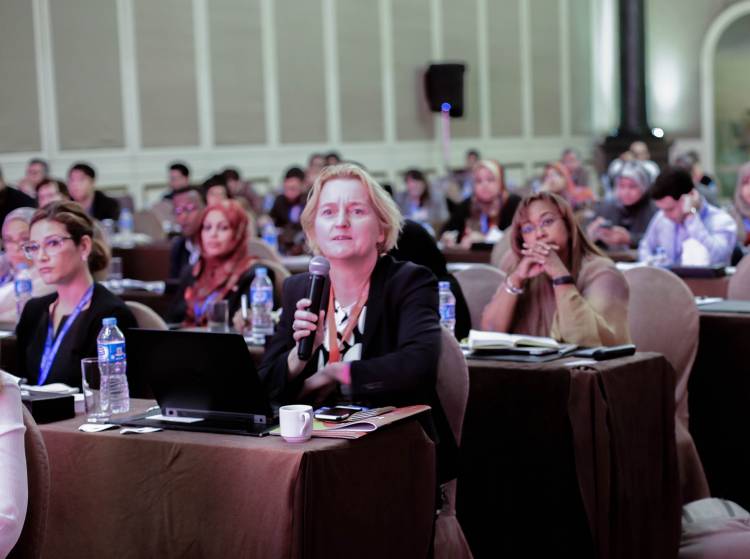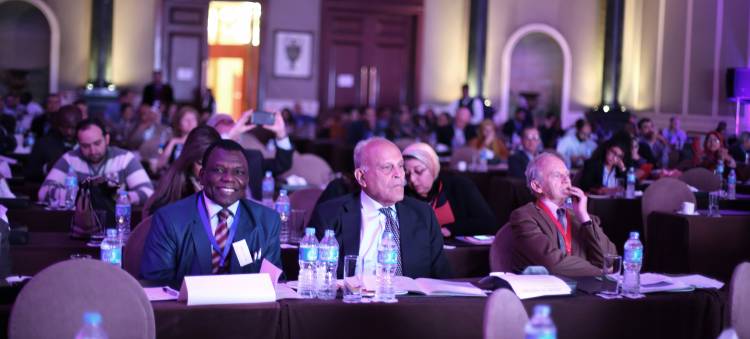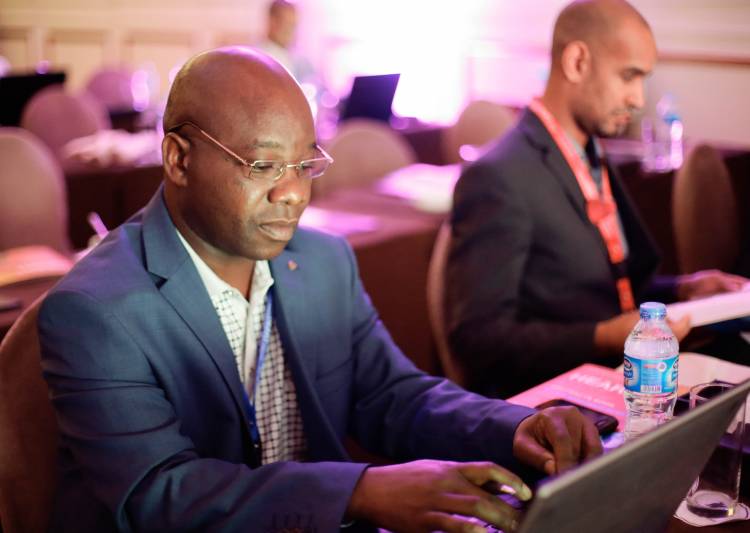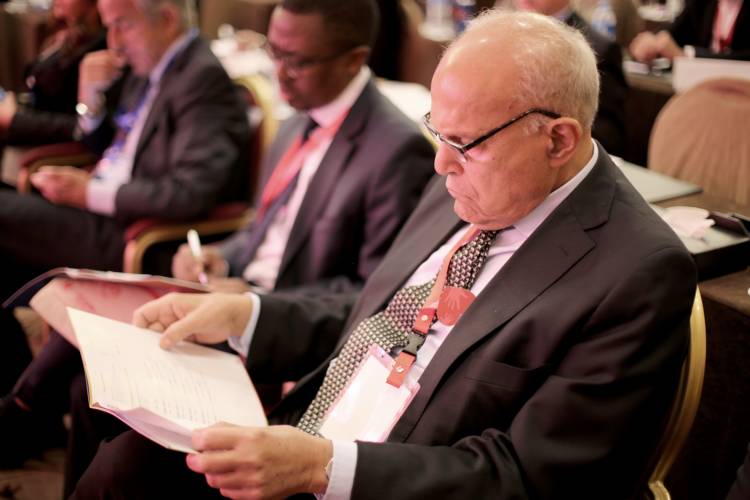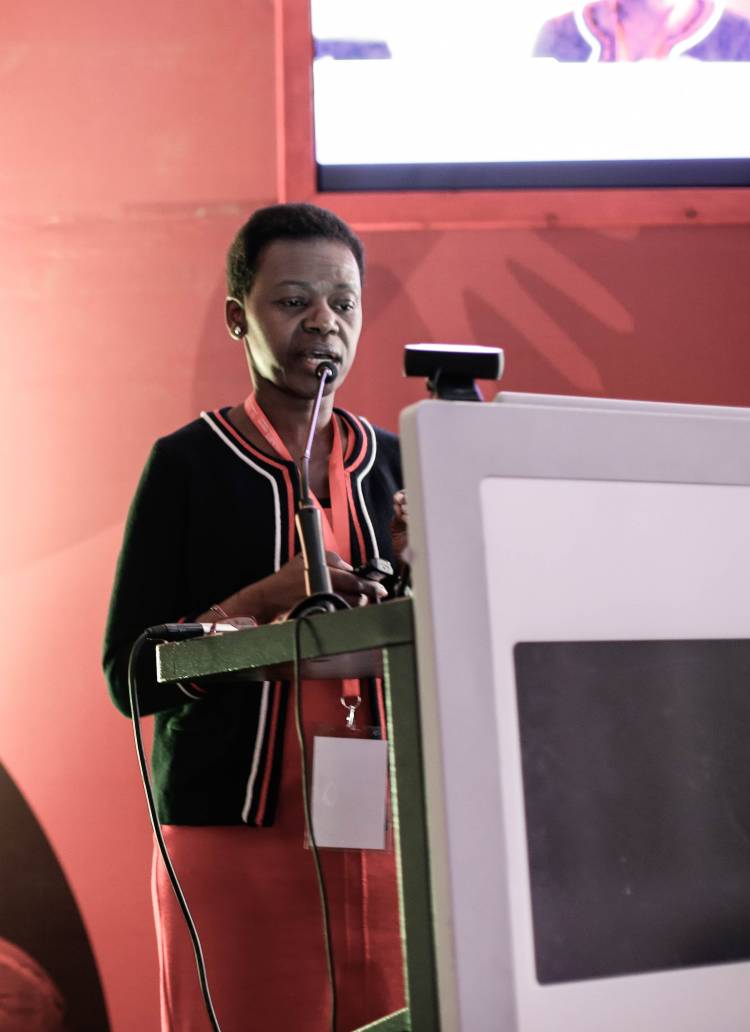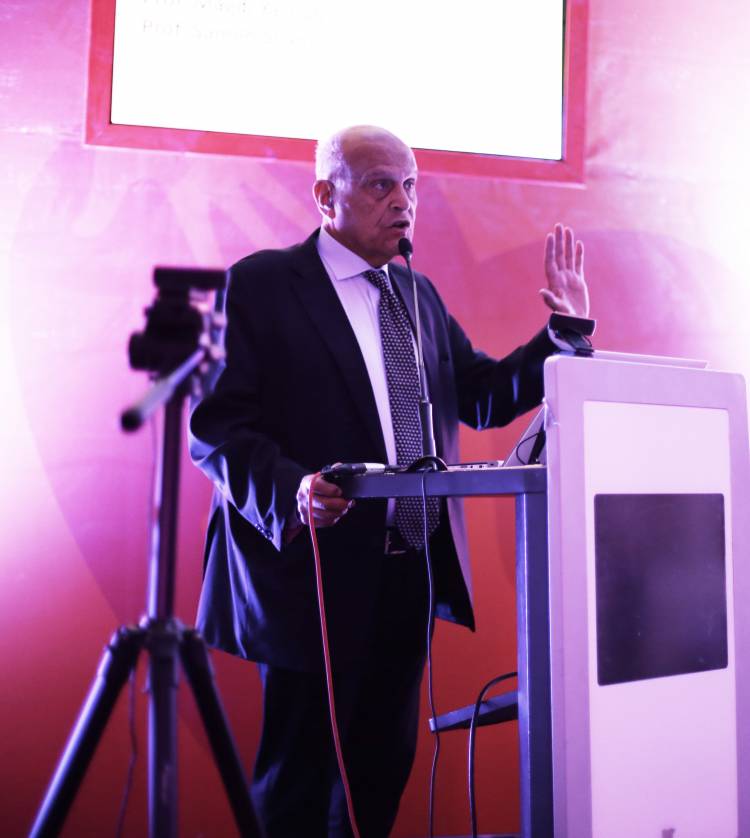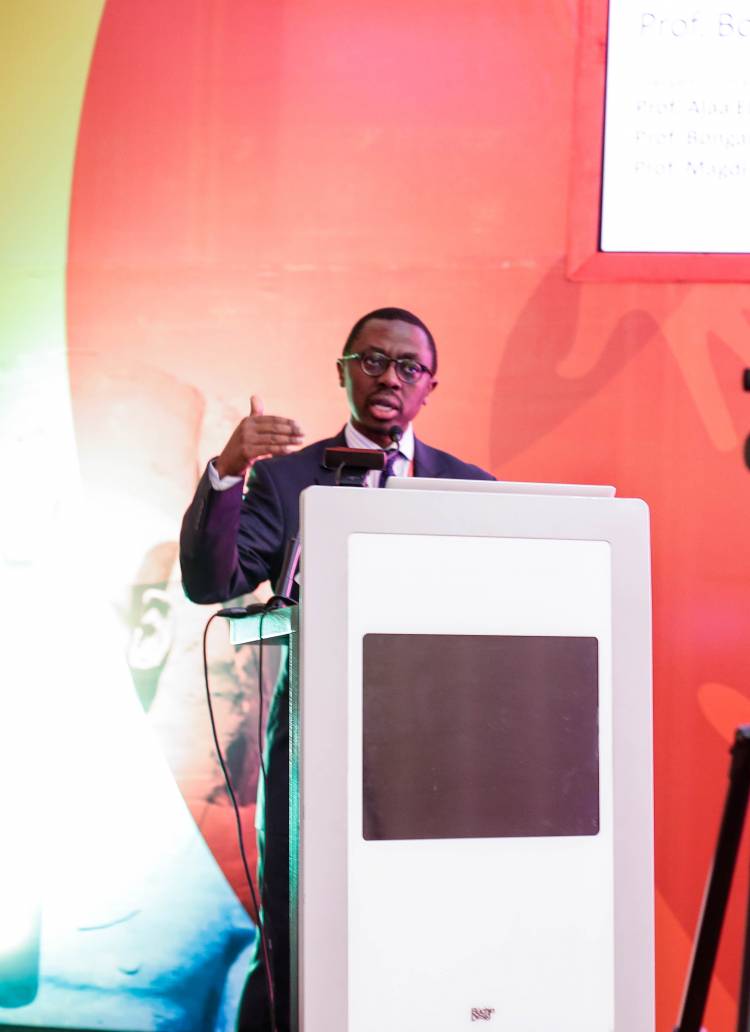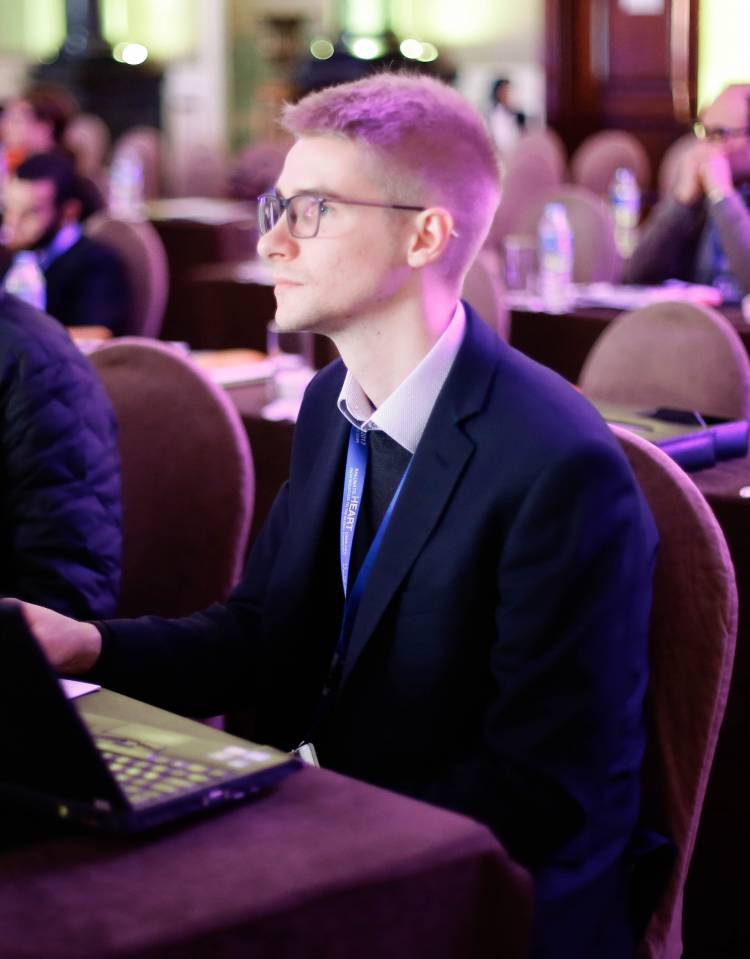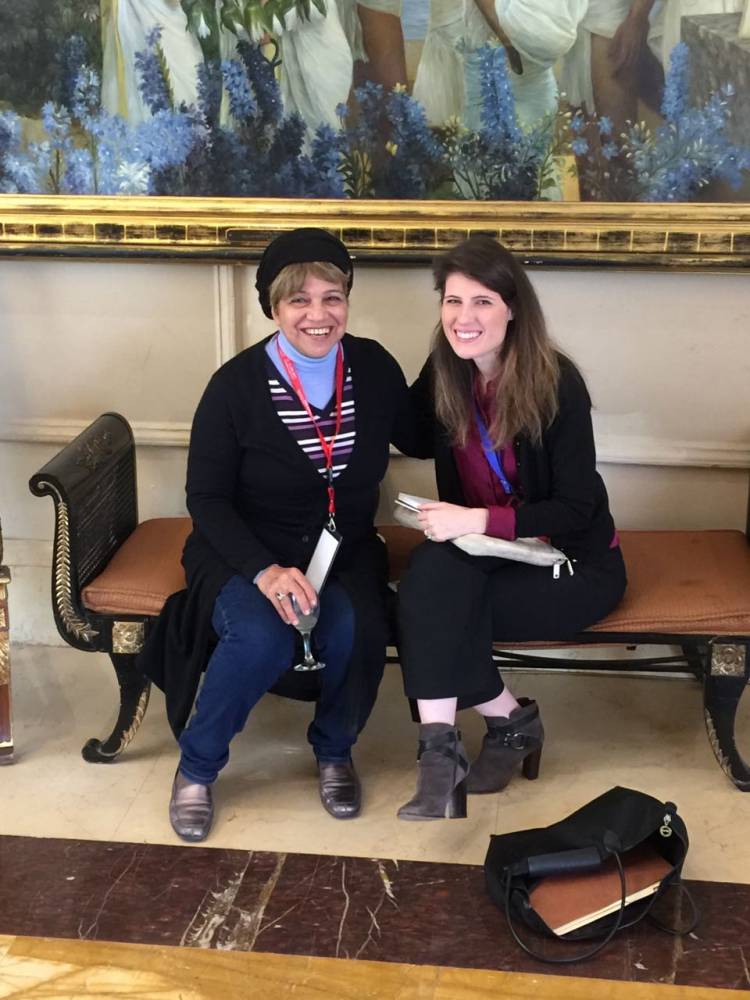Rheumatic Heart Disease Congress, Cairo, Egypt: from Molecules to the Global Community
Rheumatic Heart Disease: from Molecules to the Global Community
Day 1
From 13-16 January, PASCAR delegates has participated in ‘Rheumatic Heart Disease: from Molecules to the Global Community’, a conference on rheumatic heart disease held in Cairo, Egypt.
Co-organized by the Aswan Heart Centre and the Pan-African Society of Cardiology (PASCAR), the meeting includes presentations and seminars on topics such as secondary prevention programmes, genetic and geographic determinants of rheumatic heart disease (RHD), cardiac surgery and RHD vaccine development. Participants will also hear case study presentations from countries as diverse as Namibia, New Zealand, Egypt and Guatemala.
PASCAR meeting on AU Communiqué
On the first day of the meeting, PASCAR working groups provided updates on progress towards implementation of the AU (African Union) Communiqué. This continental declaration – endorsed by all African heads of state – represents a framework to eradicate rheumatic fever and RHD on the African continent. Each working group focused on one of the 7 key actions in the Communiqué, and outlined their achievements to date and challenges they had faced.
Participants noted the need for stronger engagement from governments, health worker training, and more stable supply chains for Benzathine Penicillin G in settings where shortages occur, as well as concerns about BPG quality, and better communications and advocacy to policy makers and people living with RHD.
Day 2
Saturday 14 January marked the official opening of ‘Rheumatic Heart Disease: from Molecules to the Global Community’.
In his introduction, Prof Sir Magdy Yacoub noted that while rheumatic heart disease (RHD) has almost disappeared from the western world, it continues to represent a significant burden of disease in many developing countries. However he expressed optimism in the health community’s ability to address this issue, stating: ‘we are ready to meet the challenge, to get rid of RHD’.
The ceremony was concluded with a statement from H.E. Ambassador Dr. Hazem Fahmy, Secretary-General of the Egyptian Agency of Partnership for Development, who focused on the collective humanitarian obligation to address the global burden of RHD. Referencing the need to reduce poverty and overcrowding, he stated: ‘[the continuing prevalence of RHD] is not acceptable – that is why this conference is so important’.
The first afternoon session of the meeting was comprised of presentations on epidemiology and the global RHD burden of disease, and on the genetic and geographic determinants of disease. In the second afternoon session, the focus shifted onto pathogenesis and molecular vaccinology.
Day 3
Discussions on rheumatic heart disease (RHD) prevention and screening, pathology, and RHD management were the focus on Sunday 15 January.
One of the highlights of the morning was an interactive debate entitled Echocardiographic Screening for Subclinical RHD: Added Value or Added Cost? Dr Craig Sable spoke in support of subclinical screening, emphasizing the potential cost-effectiveness of such an approach using non-physician health workers. This proposal was opposed by Prof. Ganesan Karthikeyan, who suggested that echo screening should be used as a research tool rather than as a strategy for RHD programmes, stating that in most settings this approach would be prohibitively expensive.
Day 4
On the final day of the conference, the focus of sessions turned to existing global, regional and national initiatives tackling RHD. The morning session also featured speakers discussing their experiences of using databases in RHD control programmes, and a keynote lecture from Salim Yusuf, Professor at McMaster University and Immediate Past President of the World Heart Federation (WHF).
The day kicked off with a number of presentations on databases, a vital component of effective RHD control programmes. In their presentations, speakers compared the merits and drawbacks of using different systems, such electronic or paper-based registries and hospital-based or population-based registries.
The morning session concluded with a keynote lecture from Prof. Salim Yusuf, who highlighted the importance of tackling the socio-economic determinants of RHD. Noting that the prevalence of RHD had peaked in the United States and Western Europe in the 19th century – at the height of industrialization and urbanization – he said that sustainable economic development could play a significant role in eliminating RHD as a public health issue.
Meeting Co-Director Professor Bongani Mayosi – of PASCAR and UCT – then presented the seven key actions of the AU Communiqué – a continental declaration endorsed by all African Heads of State – and noted that this had “involved the engagement from people in various sectors”.
The final session of the conference focused on national prevention programmes to tackle RHD around the world. This began with a presentation from Professor Alain Carpentier, who spoke on his experience of helping to establish a cardiac centre of excellence in Vietnam; the centre now conducts 4,000 operations a year in five sites throughout the country.
Stating that one outcome of the conference would be the Cairo Accord, Prof. Yacoub thanked participants for attending, and said he was “overwhelmed by the amount of knowledge” that had been shared at the meeting.
PASCAR would like to give a special thanks to Alastair White from World Heart Federation whom compiled the write-up of each day for RHD Action (http://rhdaction.org/). Thank you for your contribution!
